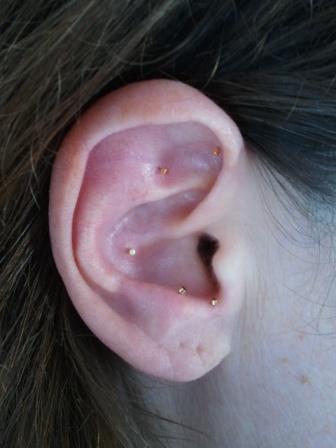A team of Chinese investigators has shown that acupuncture has regulatory effects on mucosal and cellular immunity in patients with allergic asthma. One hundred patients with allergic asthma and 74 patients with chronic bronchitis received manual acupuncture three times per week, for five weeks at acupuncture points specific for asthma, based on traditional Chinese medicine theory (Dazhui DU-14, Fengmen BL-12 and Feishu BL-13). Clinical results showed that the total efficacy of acupuncture in patients with allergic asthma at the end of one course of treatment was 85 percent. After acupuncture treatment, concentrations of immunoglobulins (sIgA and total IgA) in the in the saliva and nasal secretions of patients with allergic asthma were found to be significantly decreased. IgE levels in sera, as well as numbers of activated T-cells and eosinophils in the peripheral blood were also significantly decreased following acupuncture. Although there were no significant changes in patients with chronic bronchitis treated with acupuncture, some trends indicating a benefit of treatment were observed. (Considerations for Use of Acupuncture as Supplemental Therapy for Patients with Allergic Asthma. Clin Rev Allergy Immunol. 2012 Jun 3. [Epub ahead of print]).
Meanwhile an experimental study carried out in a mouse hypersensitivity model that simulates human allergic asthma has demonstrated that electro-acupuncture at Zusanli ST-36 exerts an anti-inflammatory response. Korean researchers used histopathology to examine the effects of electro-acupuncture on tissues affected by the allergic inflammatory process. It was discovered that electro-acupuncture significantly decreased the excessive pathological accumulation of inflammatory T cells in peribronchal and perivascular tissues, by enhancing the function of regulatory Treg cells. (Electroacupuncture Attenuates Ovalbumin-Induced Allergic Asthma via Modulating CD4(+)CD25(+) Regulatory T Cells. Evid Based Complement Alternat Med. 2012;2012:647308. Epub 2012 May 10).
Categories: Respiratory disorders







